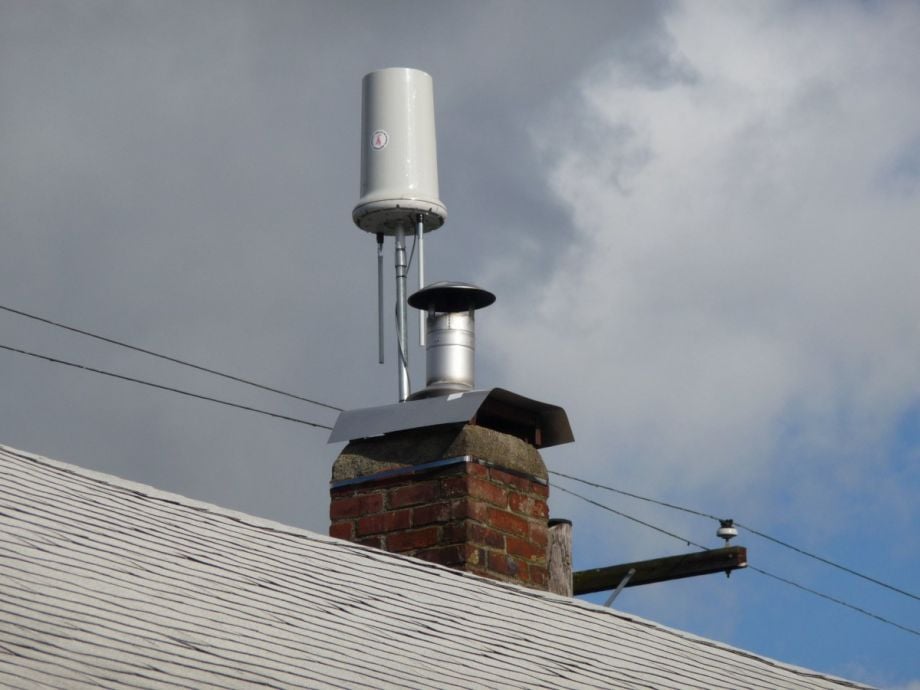In the mid-2000s, it seemed like you couldn’t find a single city in the U.S. that wasn’t considering a municipal WiFi network. From tech-savvy San Francisco (“We will not stop until every citizen has access to free wireless Internet service,” then-mayor Gavin Newsom said in 2004) to not-so-tech-savvy Philadelphia (“Who needs Verizon, Comcast or AOL when you have Phila.gov?” the Inquirer wrote that same year), everybody was trying to get in on the game.
But soon enough, a combination of regulatory cruft (telecoms are heavily regulated public utilities) and bad economics (WiFi signals don’t stretch very far, making it expensive to blanket cities with enough routers to cover everyone) brought the idea crashing down. By 2007, San Francisco’s deal with Google and EarthLink was dead. The next year, Philadelphia’s had suffered the same fate.
Around the same time, some people started taking the idea into their own hands, essentially offering small-scale, do-it-yourself networks on their own. The New York Times reports:
A wireless mesh network is essentially a network of a bunch of interconnected wireless routers, or nodes, which propagate traffic between users and also broadcast broadband service from nodes that are wired to the Internet. Think of it as a system of linked coffee shop hot spots where patrons at all the various coffee shops can send and receive data directly between each other’s devices, as well as surf the Web. Only you don’t have to go to a coffee shop and listen to annoying soft jazz to participate.
“Our approach is to build our own autonomous system and actually allow people to participate in the Internet rather than participating by proxy through Time Warner, Google Fiber or any other retail I.S.P.,” said Isaac Wilder, executive director of the Free Network Foundation, which within the last year has managed to construct a wireless mesh network that serves about 500 people in Kansas City, Kan.
The “hosts” of the network ultimately need an Internet connection, either through retail ISP’s or increasingly, as seen recently in Kansas City, by tapping right into high-bandwidth Internet backbones. This means somebody has to pay.
The idea has seen some of the biggest pickup in repressive countries that limit and monitor their citizens’ access to the Web. The New America Foundation’s Open Technology Institute won a $2 million grant from the State Department for its “Commotion Wireless” program, which seeks to build resilient, distributed “mesh” networks. The hope is that when dictators shut down their countries’ Internet access — as happened in Egypt, Syria and Libya during the Arab Spring — these networks would still provide access.
The irony was not lost on the Times:
It is ironic given the recent revelations about National Security Agency spying that O.T.I. has received significant financial support from the State Department. “And thus you see the many facets of U.S. government,” said Mr. Meinrath. “The reality is that the exact same technology that protects human rights workers and democracy advocates overseas is going to be incredibly useful for preventing domestic snooping.”
The Works is made possible with the support of the Surdna Foundation.
Stephen J. Smith is a reporter based in New York. He has written about transportation, infrastructure and real estate for a variety of publications including New York Yimby, where he is currently an editor, Next City, City Lab and the New York Observer.

















